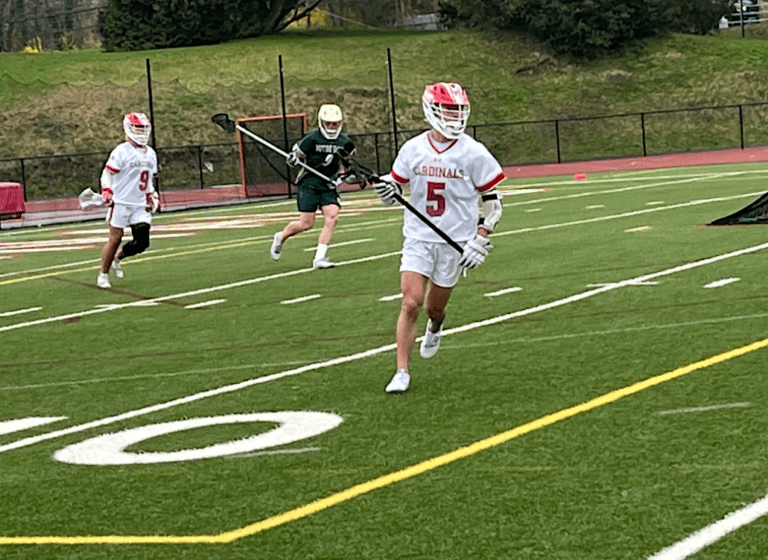By Kimberly Fiorello
Finally getting to the crux of the matter, at the core of DesegregateCT’s third try to pass a state law that would significantly impact how local voices of residents would be heard in local planning and zoning matters is a centralized state Zoning Czar.
After a couple of years of unsuccessfully pushing for top-down, one-size-fits-all zoning bills that were an a-to-z smorgasbord of mandates from as-of-right multi-units on “main street” to the removal of parking minimums to forced adoption of form-based zoning and more, it appears DesegregateCT has now distilled its original long list of wants down to two.
They want: (1) practically every town in Connecticut to voluntarily submit themselves to qualify as a transit-oriented community or else risk losing or being de-prioritized for discretionary infrastructure funds from the state for activities as important to the environment as brownfield remediation;
And (2) the existing Office of Responsible Growth to become the new center of state zoning power with a “coordinator” at its head responsible for defining what a “reasonable size” would be for a transit-oriented district, judging whether each district adequately requires development density in an “equitable manner,” deciding what “excessive parking requirements” means, and directing “the state entity responsible for providing any discretionary infrastructure funding to prioritize” qualifying municipalities over non-qualifying municipalities.
To be clear, in DesegregateCT’s eight-paged bill, HB6890, An Act Concerning Qualifying Transit-Oriented Communities, nicknamed “Live Work Ride,” the word “coordinator” and the phrases “as determined by the coordinator” and “developed by the coordinator” to describe the powers of the new Zoning Czar appear no less than twenty-two times.
The Undersecretary of the Office of Policy and Management, OPM, which functions as the Governor’s staff agency and provides public policy analysis on the Governor’s behalf, testified that the OPM has concerns with DesegregateCT’s bill as being “difficult to administer” because it will likely impact “almost all Connecticut municipalities.”
The Undersecretary spoke in person at the hearing and also submitted written testimony that cautioned HB6890 could “disperse state infrastructure investments to an extent that would not meaningfully support high quality transit” and “could result in conflicts with the CT Conservation and Development Policies Plan 2018-2023.”
The brunt of his written testimony was focused on the Coordinator role, writing, “significant discretion is given to the Responsible Growth Coordinator,” and concluding, “it is unclear why the Office of Responsible Growth would need to develop state agency regulations to carry out its routine duties.”
Regulations have the force of laws, but none of the transparency of the law-making process. “Live Work Ride” has no appeals process written into it; there are no procedural ways to counter a poor judgement by the Coordinator. To boot, as an appointed bureaucrat, the Zoning Czar is immune from being held accountable by voters in an election.
The rhetoric of proponents is that the Coordinator is a “partner for the municipalities,” but nowhere in the bill is there language for working together with local planning and zoning commissioners.
Why would any municipality “opt in” to such a framework? Likely, many will not. Communities will risk being de-prioritized for state discretionary infrastructure money. But there’s also no new funding attached to this bill, so how big is the stick this bill purports to be wielding?
Like previous iterations offered by DesegregateCT, “Live Work Ride” is another flawed bill pushed aggressively by this activist group with registered lobbyists in Hartford backed by a public policy charity whose donors are big corporate builders in New York City. Every legislator in this state should reject it.
On the Planning and Development Committee in Hartford, Democrat State Rep. David Michel of Stamford voted “nay” on DesegregateCT’s bill joining the eight Republican members of the committee for a final vote tally of 12 yeses versus 9 nays for the bill to move forward out of committee. Opposition to DesegregateCT’s bill is bi-partisan.
Still, it will not be enough for some Democrats to simply vote nay against this bill. There are 98 Democrats versus 53 Republicans in the Connecticut House of Representatives. Greenwich’s Democrat State Reps. Rachel Khanna, Hector Arzeno and Steve Meskers must actively stop their caucus from bringing this bill to the floor or threaten to filibuster if it does.
Westport’s State Rep. Jonathan Steinberg threatened to filibuster a zoning bill, HB6633, he doesn’t support. On the Lisa Wexler radio show, Steinberg said, “I assure you that if [the Fair Share bill] reaches the floor of the house, I am going to oppose it with all vigor. I’ve never done a filibuster, that’s typically the other side of the fence, but I would in this case, because I want to protect the approach Westport is using for affordability and inclusionary zoning.”
Among the people of Connecticut, many Democrat, Republican and unaffiliated voters are finding common ground in opposing the latest spate of zoning bills. Our legislators must hear from us that it is as important to stop bad bills as it is to pass good ones.
Please check out CT169Strong.org for information on all the zoning bills, and write to ryan.fazio@cga.ct.gov, rachel.khanna@cga.ct.gov, hector.arzeno@cga.ct.gov, and steve.meskers@cga.ct.gov to share your thoughts and concerns.




